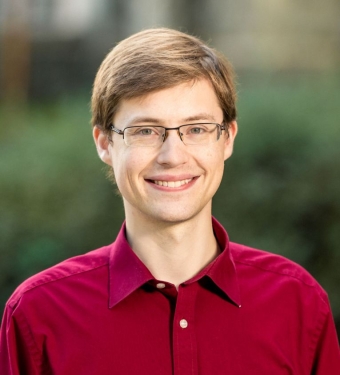
Date:
Location:
Title:
Abstract
Rare-earth elements (REEs: La–Lu, Y, and Sc) are integral to modern technology, but as technological development continues, world demand for these metals will increasingly outpace supply. Consequently, new and sustainable sources are needed, as well as more efficient methods of extraction and purification. Many waste streams—mining effluents, desalination brines, e-waste, and wastewater from semiconductor fabrication plants—contain high concentrations of REEs, which could be extracted. Metal-chelating polymers have great potential in REE extraction and separation applications due to their relatively low cost and high affinity for target elements, but tuning the interaction between the polymer and metal is often challenging. To investigate the interplay between polymer structure and metal chelation, we synthesized metal-chelating polymers with systematic variations in structure (chelating group, tacticity, hydrophobicity, etc.). We then used isothermal titration calorimetry to directly measure the binding affinity, enthalpy changes, and stoichiometry of the interactions between a series of REEs in solution and these metal-chelating polymers. These measurements enabled us to characterize the complete thermodynamic profile of these polymer-metal interactions. Further measurements of changes in heat capacity, along with computational data, reveal the key role of water during metal binding. Ultimately, this structure–function information will be used to design new materials that are more effective for REE extraction and separation.
Bio
Michael D. Schulz is an assistant professor in the Department of Chemistry at Virginia Tech, and a member of the Macromolecules Innovation Institute, the Center for Emerging, Zoonotic, and Arthropod-borne Pathogens, and the Virginia Tech Center for Drug Discovery. He received his Ph.D. in 2014 in organic and polymer chemistry and an M.S. in Pharmaceutical Science at the University of Florida under the supervision of Prof. Ken Wagener. After conducting research at the Max Planck Institute for Polymer Research as a Fulbright Scholar in the group of Prof. Klaus Müllen, he was a postdoctoral scholar in the group of Prof. Robert Grubbs at Caltech. He began his independent career at Virginia Tech in 2017. His diverse research interests span both fundamental and applied polymer chemistry including metal-chelating materials, antiviral polymers, and polymer sequestrants.
Hosted by Christopher M. Bates. Download event flyer



